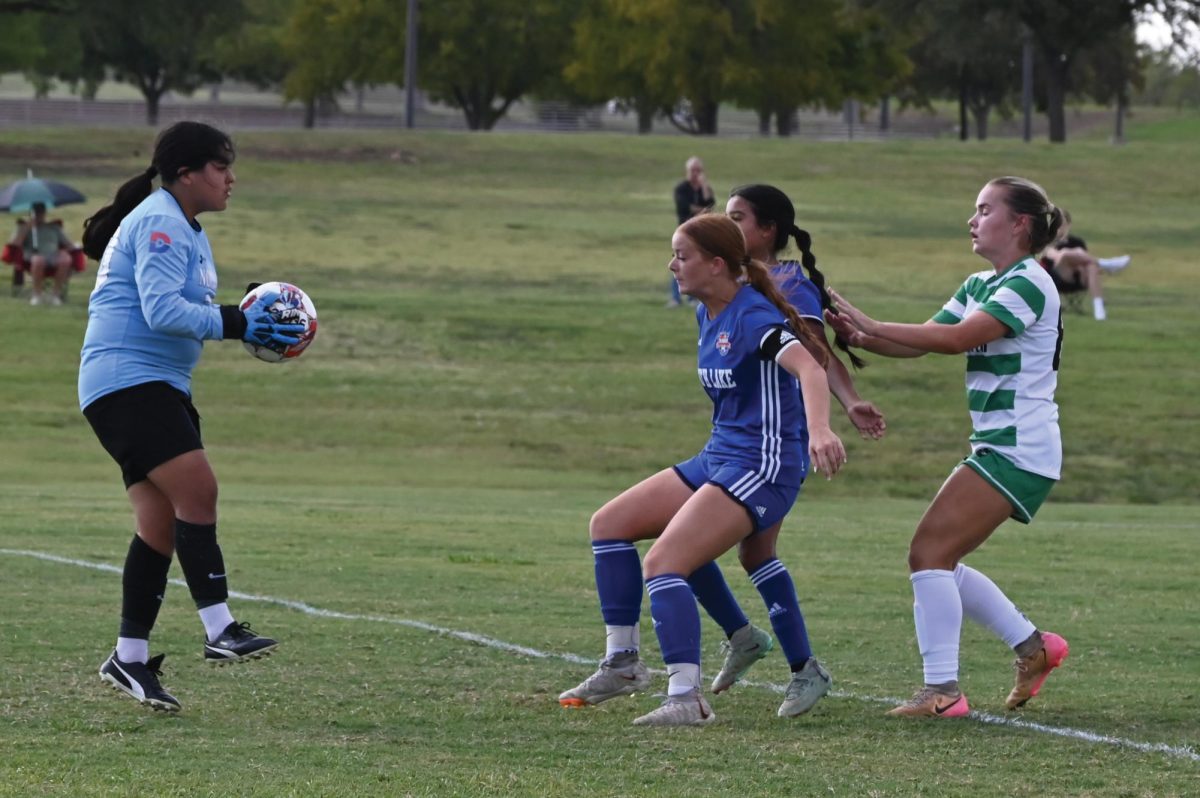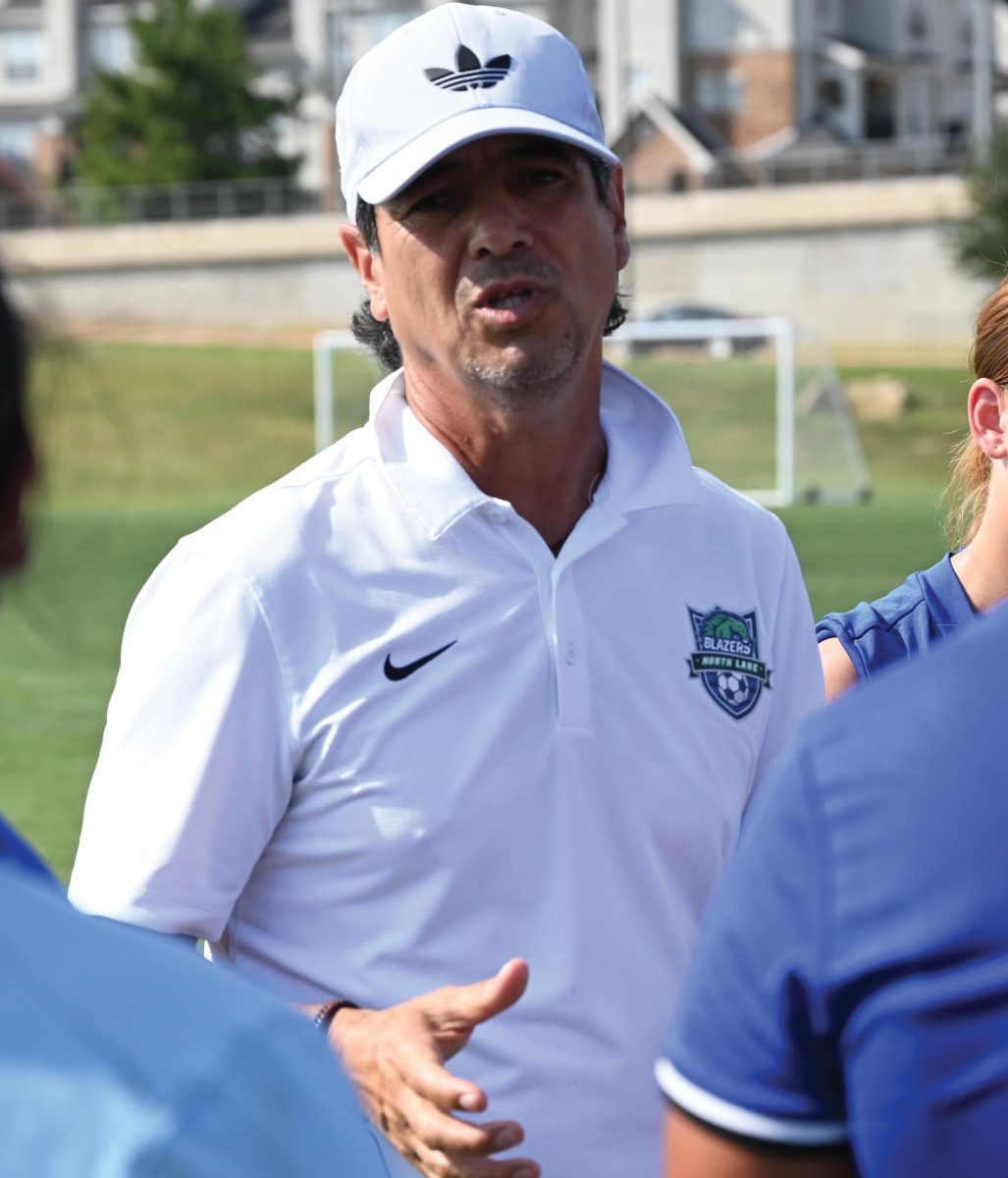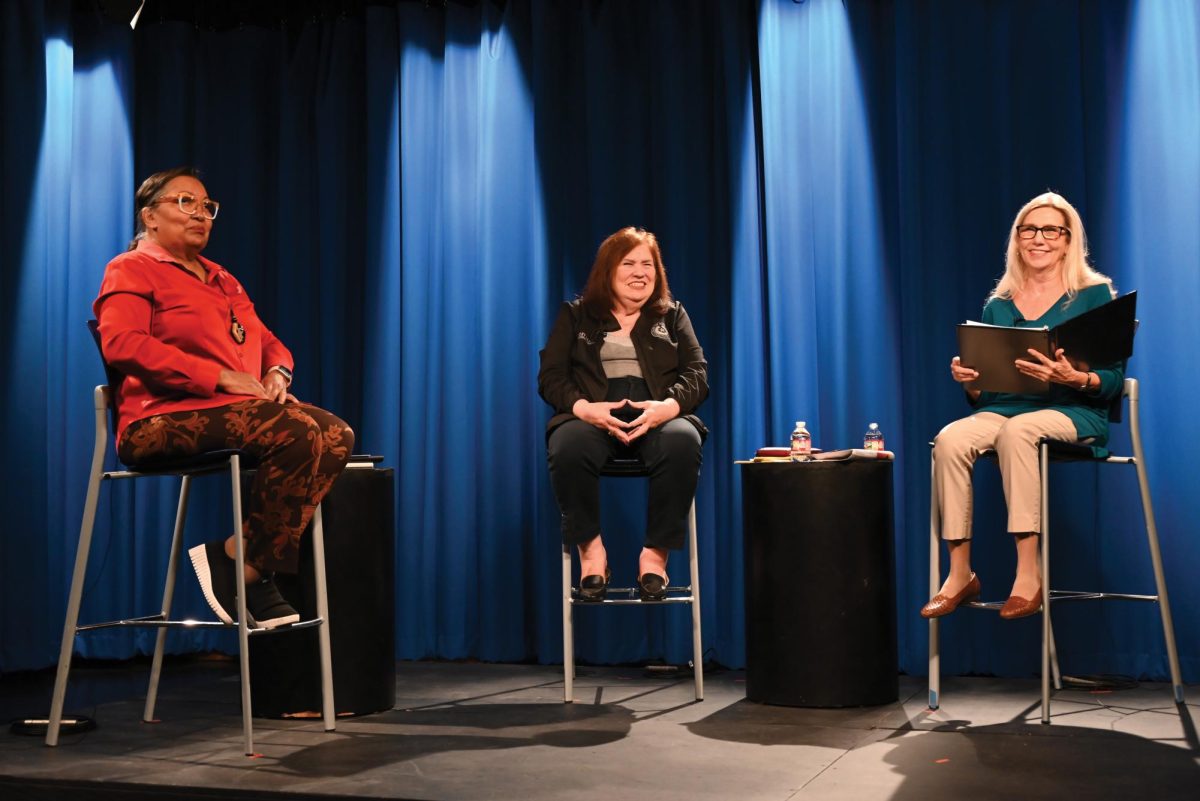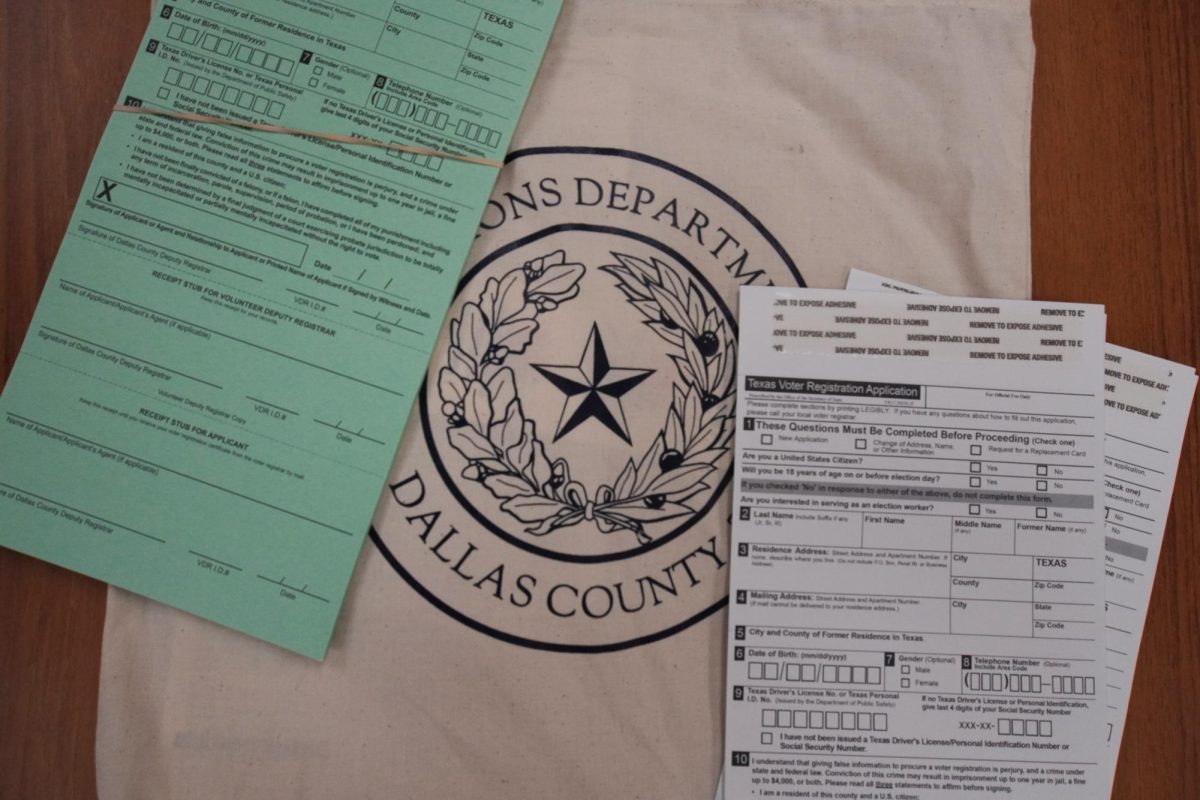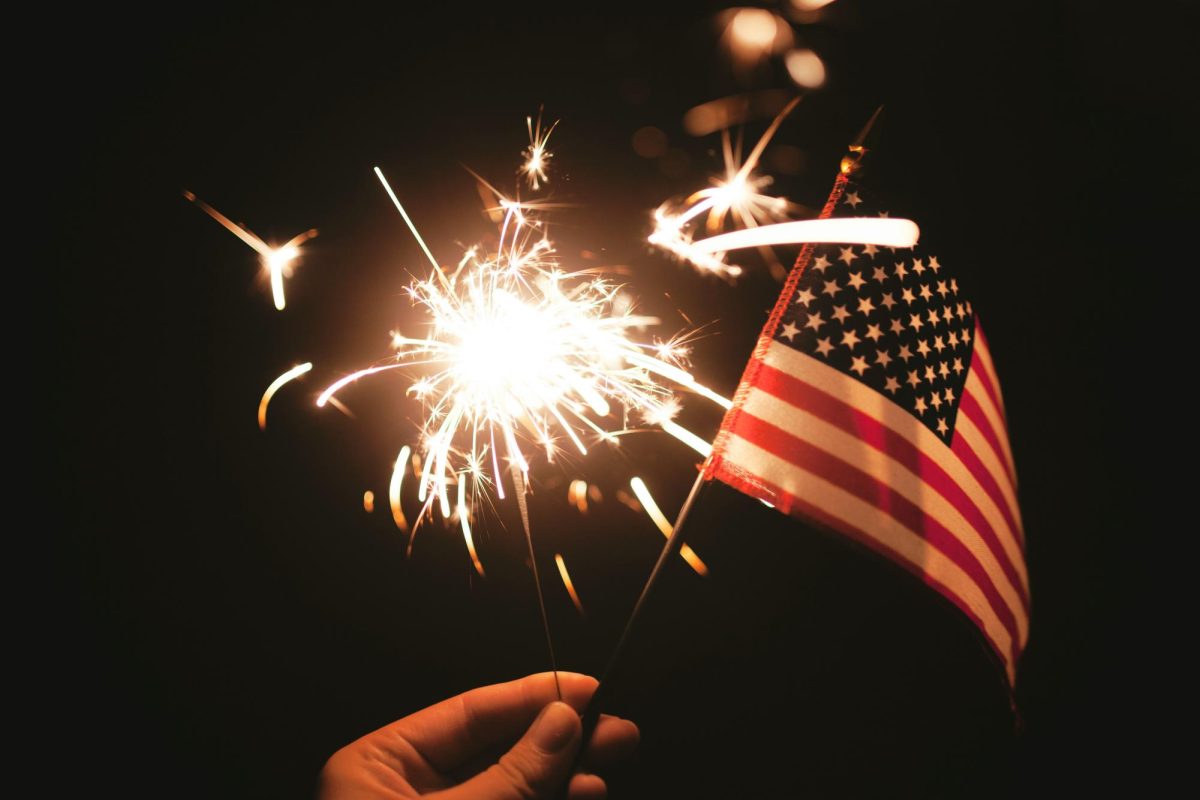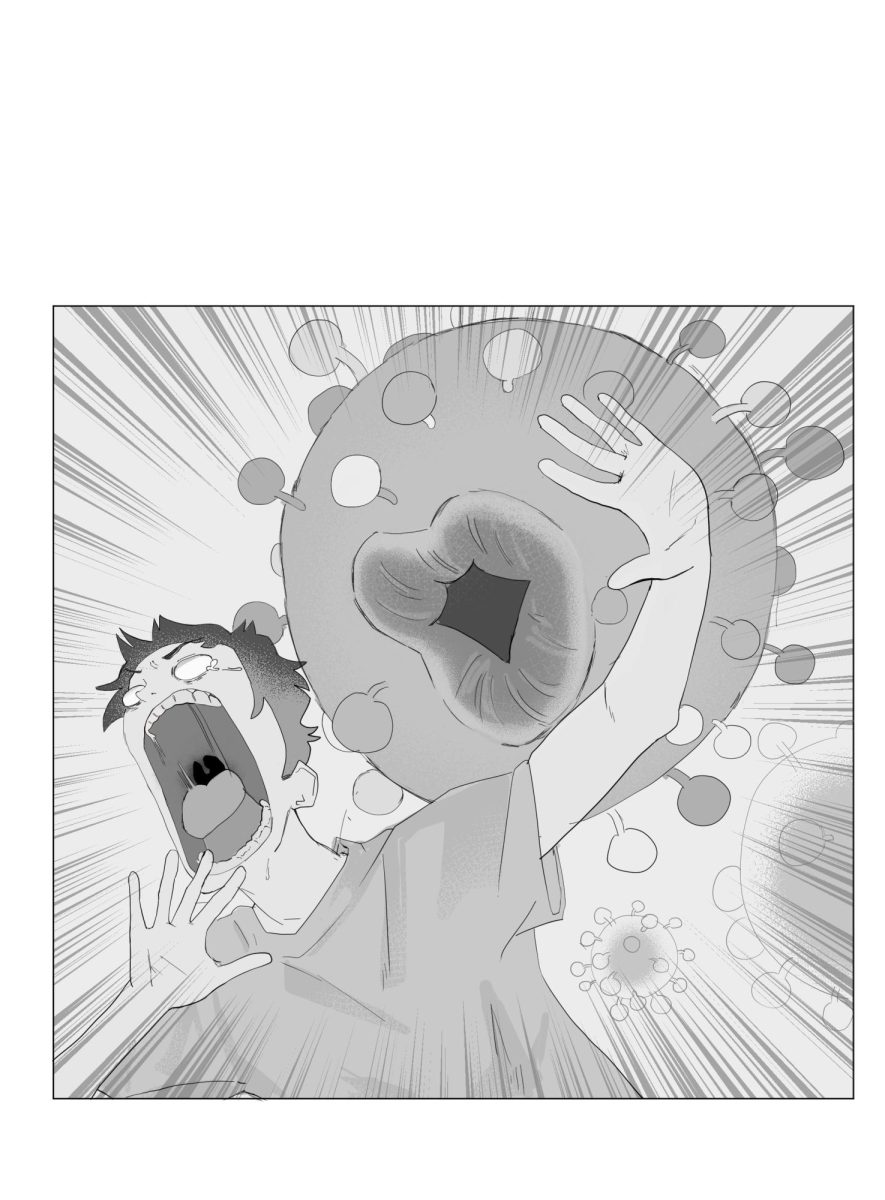Over 49,500 people died by suicide in 2022, according to the Centers for Disease Control and Prevention.
In honor of the friends, families and those who have survived attempts, Dallas College North Lake campus hosts events to help spread awareness during the month of September.
Dalia Blell, North Lake Campus professional counselor is the higher education representative for the Texas Suicide Prevention counsel. Through here she was trained as an ASK instructor.
ASK about Suicide to Save a Life is a 1.5 to 4-hour workshop for adults who interact with youth or adults at risk for suicide. The program provides participants with an overview of the basic signs of suicide and suicidal behavior, including risk and protective factors.
Participants are trained to recognize warning signs—behaviors and characteristics that might indicate elevated risk for suicidal behavior—and how to intervene with a person they think might be at risk for suicide. These people are called gatekeepers.
Blell has trained almost 1,000 gatekeepers through Dallas College. Which includes students, faculty and staff in the student success team, basic needs and connection programs, student organizations and some of the police department.
She hosts one virtual training a month and two in person at various campuses. However, she can host another one if requested by a group.
Marielle McGregor, Assistant Director, Campaign Strategy & Program Management, went through the ASK training last year. “My interest originally stemmed from having loved ones who were suicidal. I wanted to know how to have conversations with them and what warning signs to look for,” she said.
About a month after her training a colleague of hers called. McGregor’s colleague said her boyfriend —who was a veteran — was talking about killing himself and she didn’t know if she should call the cops, hide his gun, or buy a safe.
“Because I had learned more about suicide, I knew what resources to connect her with,” McGregor said. “In the end everyone is alive and healthy, so it was a happy ending. But not every story ends that way you know?”
Doing this program can give you the tools to offer up a lot of hope to someone who may need it to not consider suicide. Blell said: “Most people don’t want to say the word suicide much less ask the question. Words can activate you.”
During the training session, participants will learn about the new safe language around talking to someone about suicide. Words and phrases like — that person committed suicide or that person was unsuccessful with suicide — is outdated language.
Other phrases that may be less triggering are — that person thought about suicide; that person ended their life by suicide; or had an attempt at suicide.
Blell said, people who have thoughts of suicide don’t necessarily want to end their life, so we really want to offer hope. As a suicide gatekeeper understanding your role, being an active listener, being able to not pass judgement and picking up on warning signs and risk factors is what this training is about.
“The more people in the community that are gatekeepers, the more people we can save,” Blell said. “Most people that die by suicide do not come to the clinician, so we want more people in the community to help prevent suicides.”
Blell said anyone can be a gatekeeper, not just therapists. Ordinary people may learn about local resources and assit by connecting them to someone who can help. It is like mental health CPR.
Blell is not the only one on campus that wishes to help spread awareness. During Septembers National Suicide Prevention Month, Dallas College participates in Cycle Around the Globe. This event is held by the International Association for suicide prevention. It is their tenth year running, cycling and walking to raise awareness.
People who wanted to participate in this event joined the Dallas College team page and created their own Cycle Around the Globe website to input their mileage.
The event is held from Sept. 10 to Oct. 10 and the goal is to collectively cycle or walk around the globe at least once. That is 24,901 miles in one month.
Dr. Maya Fernandez, Dean of Academic Compliance and Educational Policy at Dallas College said, “I participated in the event because I have lost friends to suicide, and I want people to know that people do care and there is help for those struggling.”
As of Sept. 19, the Dallas College team has completed 256.3 km out of the 475 km goal and raised $955 for suicide awareness. Other participants like Adam Einsohn a student success coach at NLC, partake in events like these for more personal reasons.
“I’ve lost family to suicide in recent years, and I’ve had my own struggles with it,” Einsohn said. “I’ve been hospitalized a couple times, the last time was 20 years ago. I have severe major depressive disorder. I take my medication and I go to therapy, and do all the self-care stuff that I need to.”
These events are important to Einsohn for that reason, and he understands that for some people it is hard to be a part of these events. He sometimes feels like this himself.
“Every time I get on the bike or every time I post about suicide, or someone donates to my page or whatever, it’s like you’re thinking about suicide,” he said. “You know, you can’t really avoid that part of it. For me, I am in a place where I can talk about it and be a part of it. So, it’s important for me to do that for to those who can’t and for those we’ve lost, and hopefully try to prevent as many as possible.”
While North Lake Campus has a lot of events for National Suicide Awareness Month, Einsohn believes that more can be done. He said: “It is like pride month; it is important that month, but it is also important year-round. So, we can always do more. It can be difficult for people in other months, so we just need to be sure that we are being vocal about it year-round.”
There are online resources such as the ASK App that is designed to teach the warning signs, and how to ask if someone is considering suicide or The Hope Box App that is an interactive tool for youth to collect and store messages and images of help and hope.
The National Suicide Prevention lifeline is 1-800-273-TALK (8255) or text the Crisis line at 988.


